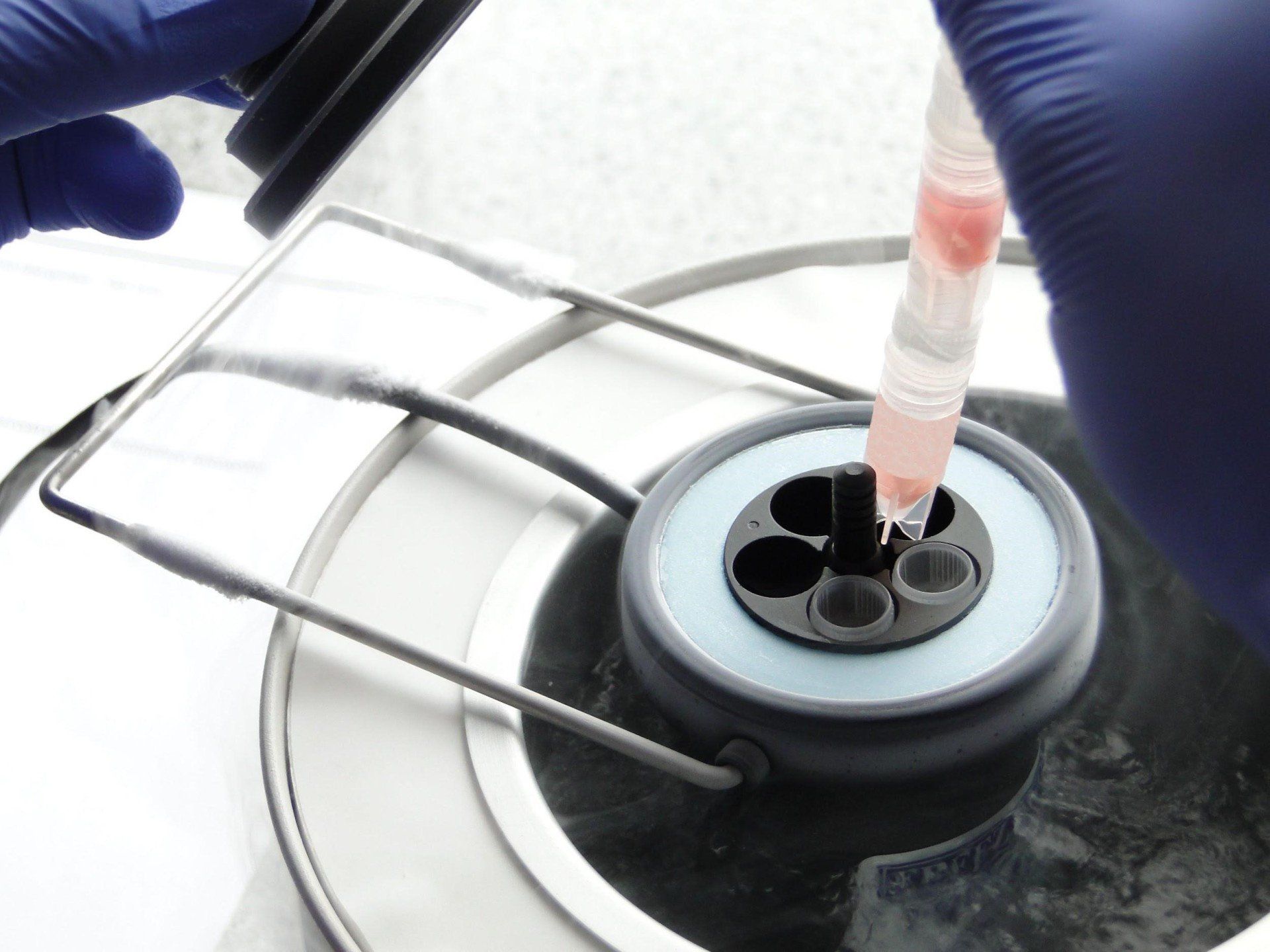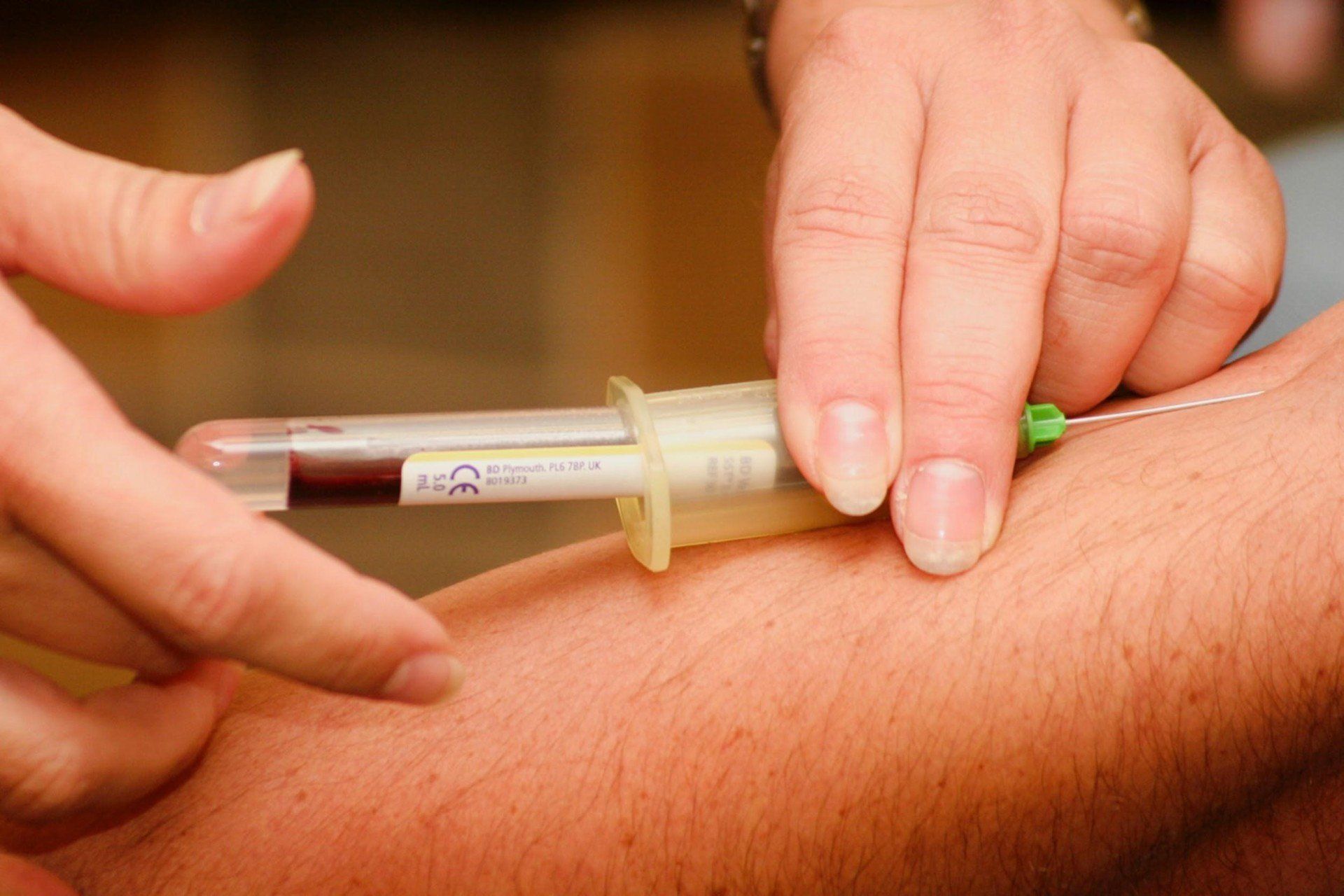IVF Facts
What is IVF?
IVF, also known as in vitro fertilization, is a special type of fertility treatment and is also the most common form of assisted reproductive technology (ART). This type of medical procedure has been around for several decades and has enabled hundreds of thousands of couples to conceive children.
If you are considering this type of fertility treatment or would just like to learn more about it, our team at Fountain of You
has compiled some IVF facts that are often left out of mainstream discussions of this topic. Read on to learn more about this treatment, its history, and how it may affect you.
Brief History
During the second half of the 20th century, advances in medical research and technology allowed IVF and other reproductive treatments to develop. The first child to be born as a result of IVF treatment was Louise Brown, born in England in 1978. The process that led to her birth was developed by Robert G. Edwards, Patrick Steptoe, and Jean Purdy. The second successful IVF birth occurred just a little over 2 months later in India. After its initial phases, the process continued to improve to reach where it is today. (Source)
The Facts
IVF is a useful procedure for couples who are struggling to conceive naturally for a variety of reasons and for women who want to have children on their own. It is important however to discuss how this procedure plays out in real life for real people. The following are some of the most-discussed IVF facts:
It Takes Time
In vitro fertilization is not an overnight procedure that results in pregnancy the next day. It is a process that must be carefully planned and executed. The general process looks something like this:
- The woman is given medicine to stimulate her ovaries to produce multiple mature eggs
- The eggs are collected from the ovaries
- The eggs are fertilized with sperm to create embryos
- The embryos are then implanted in the lining of the uterus
The average timeline for this process varies depending on where you are in your cycle and how long it is. The average woman’s cycle is about 28 days or 4 weeks. But one cycle of IVF can take longer. Before the process begins, a woman can expect multiple blood tests and ultrasounds, followed by hormone injections every day for approximately 10 to 12 days.
Once the eggs are fertilized with sperm, the embryos spend around a week growing in the lab. The following month is typically when the embryos are implanted into the uterus. And for many, the first cycle of IVF may not take, leading to more time spent on additional cycles.
IVF Treatment is Expensive
You may already know that this type of treatment is expensive. When couples decide to embark on IVF treatment, they have been known to drain their savings in the process. The average price for one cycle might fall between $13,000 and $15,000 (USD). If you need multiple cycles to conceive, the price can quickly rise. Depending on your fertility factors, such as your age, that price may fluctuate as well because of additional procedures that are needed.
Lifestyle Choices Can Affect Your Chances of Success
Your lifestyle and the choices you make may also affect your chance of getting pregnant and carrying a pregnancy to term through IVF. Ideally, you would want to live as healthy a lifestyle as possible as you prepare to undergo this type of treatment. Make sure you are eating a balanced diet that is rich in protein, get plenty of sleepy, and avoid alcohol. This also applies to the sperm supplier in the situation. A healthy lifestyle can lead to better swimmers.
Age Is a Factor
Your age is an important factor for IVF success. The younger you are, the better your chances are for conception. This idea is true for natural conception as well. More often than not, older couples who are struggling to conceive naturally will turn to IVF. But that doesn’t mean younger couples don’t also experience various fertility issues, which can affect any age group.
It Isn’t Guaranteed
Some people assume that IVF is guaranteed to work, but unfortunately, that isn’t the case. Statistically, a large number of women are not successful at conceiving through IVF the first time around. But it is also true that many find success in subsequent cycles. Not everyone can afford multiple rounds of the process. But if you can, it may be worth a few more tries. Where you go for treatment and may affect your chances as well.
Your Physical and Mental Health May Be Affected
Pregnancy affects every woman differently. But you will experience physical changes as well as emotional ones. The same can be said for a pregnancy that is reached through IVF.
But the process itself of getting pregnant through IVF can also impact your physical and mental health. Many women report that the process leads to depression and anxiety, which may be a mix of increased hormones combined with stress from the physical side effects, pressing medical expenses, the extreme desire to conceive, and more.
Serious physical side effects are rare, but some of the more common ones include:
- Headaches
- Tender breasts
- Bruising around injection sites
- Cramping
- Bloating
- Mood swings
Higher Chance of Multiple Births
Sometimes, people who use IVF end up with multiple births, such as twins, triplets, or more babies. Of course, this doesn’t happen to everyone who uses this process. Multiple births occur more commonly through IVF because, to increase the chance of conception, several embryos are implanted the uterus at once. That way, if some don't take, others might. Sometimes, in rare cases, this results in multiple embryos taking.
Final Thoughts
We hope that these IVF facts have helped you gain a better understanding of in vitro fertilization and what you can expect from the process. If you would like to learn more about treatment options and whether or not they are right for you, contact us for more information. At Fountain of You, we can help you get a treatment quote today.
For many couples dealing with infertility, IVF (or in vitro fertilization) is their best chance for conceiving a child. But unfortunately, this type of treatment isn’t a guaranteed success, and it can be disheartening for couples who experience failed IVF. Not only is IVF a significant financial commitment, but those who undergo it also sacrifice a great deal of mental energy due to the stress it can create. If you are struggling to conceive through IVF treatments, you deserve to know why it might be failing. Our team at Fountain of You has compiled some of the most common causes of failed IVF. Keep reading for more information.
For those struggling to get pregnant, finding something that works can seem impossible. That's where IVF comes in: IVF, or in-vitro fertilization, helps with fertilization and embryo development so pregnancy is possible. In IVF, a woman's eggs and a man's sperm are combined in a laboratory to create an embryo. Then, the embryo is transferred back to the woman to increase the chances of pregnancy. IVF can be used for couples experiencing infertility, same sex couples, and single women pursuing motherhood. If you're curious about the process, how it works, and potential costs, read more about it below.
The article is a one-stop-shop for all the details about IVF, also known as in-vitro fertilization. You'll learn how long the process regularly takes, along with all potential IVF side effects. The purpose is to provide you with information so that you can make an informed decision. If you have any specific questions not answered in this piece, feel free to contact our office. We would be happy to respond to any queries.
The decision to become a single mother is a challenging one. Maybe you had envisioned having a partner at this stage in your life but haven’t found that special person. Yet you’re ready to have a child, even if it’s on your own. Fortunately, it’s possible for you to fulfill your dream of being a mother with or without a partner. IVF for single women makes your dream a reality. Here's everything you need to know about this miraculous process.

Freezing eggs is medically known as oocyte cryopreservation. It is the procedure in which a woman's eggs are extracted, frozen and preserved to retain their ability to reproduce at a later age. Freezing eggs has gained popularity among many young women that want a chance of motherhood later in life. Below are a few reasons why women freeze their ovum, as well as things to consider if you decide to freeze before IVF.

Some couples endure unforeseen struggles when starting their families. Sometimes, they need to turn to IVF treatments due to prolonged difficulties with conception. Couples often go overseas in search of IVF. Oftentimes, patients seek IVF in places outside of their home countries like Bangkok due to factors like: More affordable care A higher percentage of positive treatment outcomes compared to a patient's home country A wider range of IVF treatments are available More esteemed doctors in the reproductive endocrinology and infertility (REI) field Here, we will outline how our IVF treatments in Bangkok can help you conceive.






